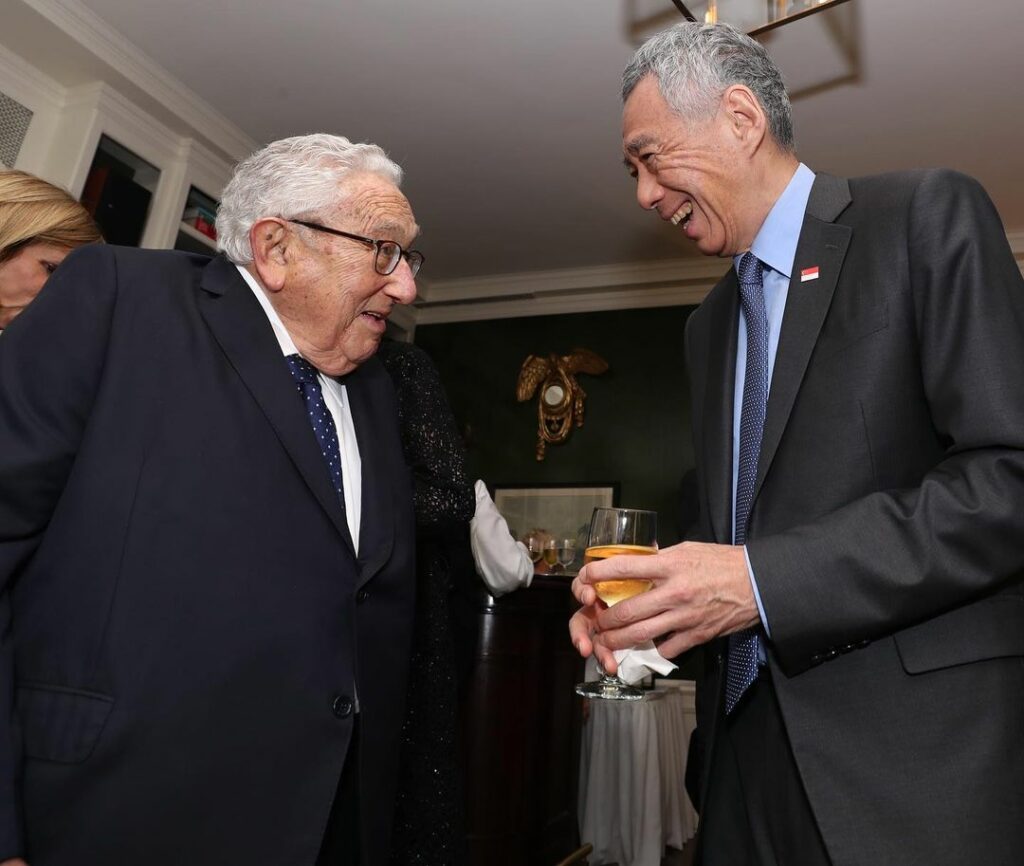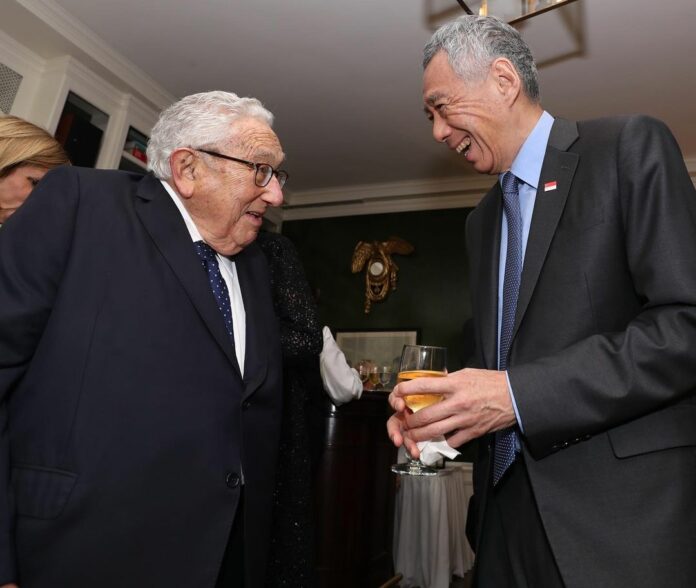
Recalling a moment at the distinguished Ditchley Park in Oxfordshire, England—recently famed as the setting for Netflix’s ‘The Diplomat’—where I attended a conference, I found myself lodged in the historic ‘Henry Kissinger room.’ It was here that the eminent diplomat once engaged in discussions on nuclear deterrence, marking a pivotal moment in global history. Reflecting upon Kissinger’s lasting impact, I delved into the enigmatic legacy of this statesman.
Numerous biographies offer a multifaceted view of Henry Kissinger, depicting him as both revered and criticized, with varied interpretations coloring his contributions. Amid these accounts, Niall Ferguson’s ‘Kissinger: 1923-1968: The Idealist’ particularly intrigued me, shedding light on a phase of his life often overshadowed by his later role as a pragmatic political figure. This portrayal challenges the conventional perception of Kissinger, presenting him as a ‘pragmatic idealist.’
Irrespective of personal opinions, Kissinger’s pragmatic approach to diplomacy holds valuable lessons. His counsel on engaging with diverse stakeholders resonates profoundly, emphasizing the importance of understanding cultures and philosophies beyond mere political realms. Embracing opposition figures and legislators, a cornerstone of Kissinger’s advice, establishes meaningful connections fostering enduring relationships transcending political shifts.
This approach echoes contemporary insights, resonating with Adam Grant’s ‘Binary Bias,’ highlighting the pitfalls of perceiving issues in stark black-and-white terms. In diplomacy, a similar bias can hinder collaboration with perceived adversaries, impeding progress on common grounds.
Drawing from over a decade of advocacy, I’ve applied Kissinger’s approach by engaging with politicians across the spectrum, aiming for bipartisan support on issues championed by Global Citizen. Building alliances across party lines, especially in parliamentary democracies, ensures sustained backing regardless of government changes, as witnessed in Australia’s continuity of global health programs post-election.
While Kissinger’s legacy remains contentious, his engagement strategies led to pivotal milestones, notably the groundbreaking meeting with China’s Zhou Enlai, reshaping global dynamics. His commitment to less confrontational U.S.-China relations remains relevant today amid escalating tensions.
Whether viewed as a controversial figure or a diplomatic luminary, Kissinger’s diplomatic tactics offer enduring lessons. In an era demanding global cooperation, his principles of engaging opposition and embracing adversaries bear paramount importance, serving as beacons toward global peace and unity in our time.”
